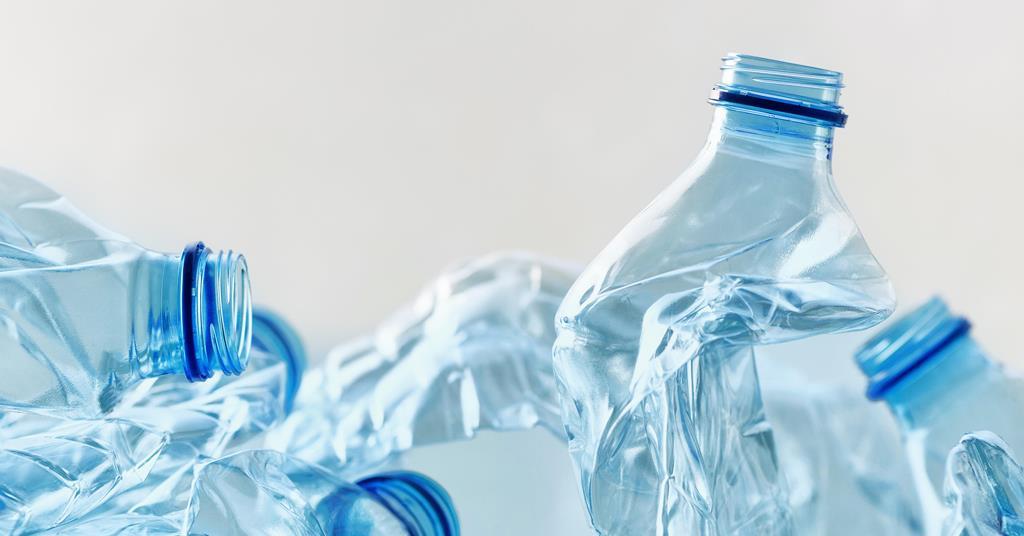For no surprise, the plastics and microplastics have increased drastically in the last 50 years, spiraling in gyres around the globe, ruling the food chains, strangling souls and infecting our blood.
As per a study undertaken by Utah State University and Cornell University in the United States (US), the sources of microplastics are roads (84 per cent), the ocean (11 per cent) and agricultural soil dust (5 per cent).
Further, microplastics are not at all biodegradable and are all pervasive in our Biosphere. They are found in almost all-weather countries across all tropics, with least or most population.
This is expected as plastics find use in almost all things handy today and its implications on the health of our ailing planet and its inhabitants is undeniably-unimaginably huge.
At times, one can think what can be done around it?
Simply, we can do our bit to get it recycled and further reused to insure our lives.
Although various State governments in India as well as different countries across the globe, are aware of this menace and try their best to fight it. Eg: Bhopal Government has commissioned a special task force to eliminate single-use plastic in the state.
Urban administration and development department will deal with single-use plastic in urban area while in villages, it will be the work of panchayats and rural development department to manage plastic wastes.

Yet there are several problems associated with the waste management cycles in India and abroad, linkages and supply chains are weak, lack of segregation and even collection at most places are basic concerns.
Therefore, in dearth of any profound research in this area, especially in India, it becomes important that ways to break it down are suggested and discovered, if need be.
Newly-found super-enzyme to wipe-off plastics:
According to another research, a bacteria found in one of the stomach compartments of a bovine can successfully break down plastic.
There is occurrence of natural polyester in the peels of apples or tomatoes including others. A cow’s diet consists of these natural polyesters in plenty.
Suspecting certain class of existing microbes able to process such natural polyester, researchers wanted to know if bovine stomach bacteria could process and degrade all such material.
So, a few Scholars from University of Natural Resources and Life Sciences in Vienna, collected the liquid from cow’s rumen and reared it with 3 types of commonly found plastics.
These were: PET (in textiles and packaging); PBAT (biodegradable plastic used in compostable plastic bags); and PEF (a material made from renewable resources).
Findings of the Research:
It was seen that all the types of Plastic used in the experiment, could be broken down completely and organically by the micro-organisms extracted from cow stomachs while testing.
But the most difficult part was just beginning, with the need to recognize the microbes responsible for this clean work and also the enzymes produced by such microbes.
On large commercial scale, once the enzymes could be identified, they can be cloned, produced and applied in recycling plants for the aim of plastic control and proper waste management.
Tonnes of such liquid waste from rumen as well as the abandoned plastic waste lying on the dumping sites can be then utilized together to undergo an environment-friendly process.
Using these healthy enzymes of an organism to break down our unhealthy stuff can be a form of green chemical recycling.
The first enzyme to be engineered by researchers was just way back in 2018, which started breaking down the plastic in a few days. And there are others those degrade 90% of plastic bottles within 10 hours.
However, there is always room for better technology: “But of course, it’s always good to have even better enzymes that are maybe recycling other polymers, not only PET, for example … so it can be seen as a general recycling material”, the author says.
What makes Cow’s rumen liquid wonderful reagent?
In it, there is a presence of not just one type of enzyme, but different enzymes would be working together to achieve complete degradation, as mentioned in the journal Frontiers in Bioengineering and Biotechnology.
So while the World’s greatest minds work their charm through inventions and interventions, we, as responsible future citizens shall do our work, segregate to recycle.




